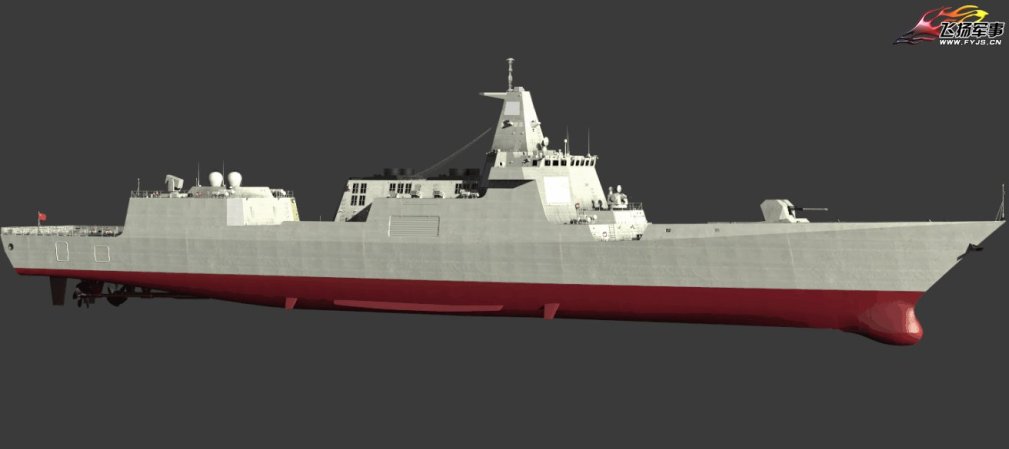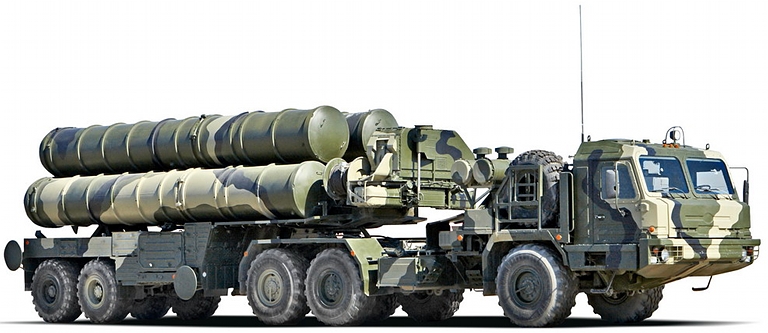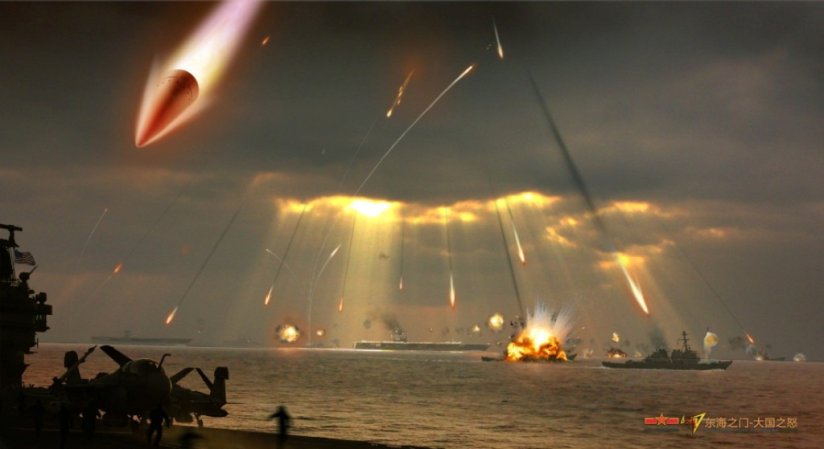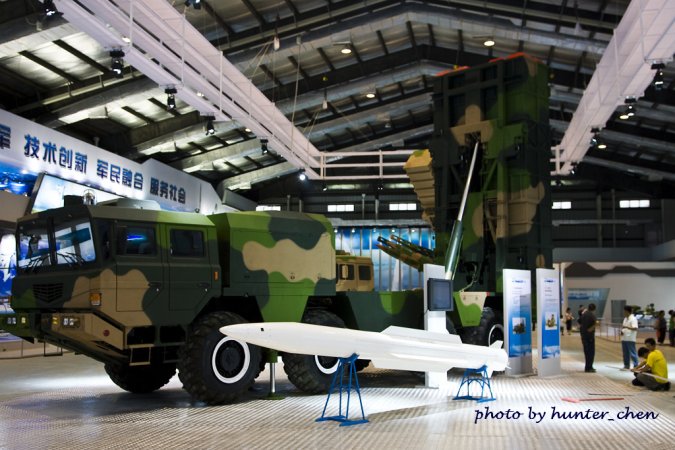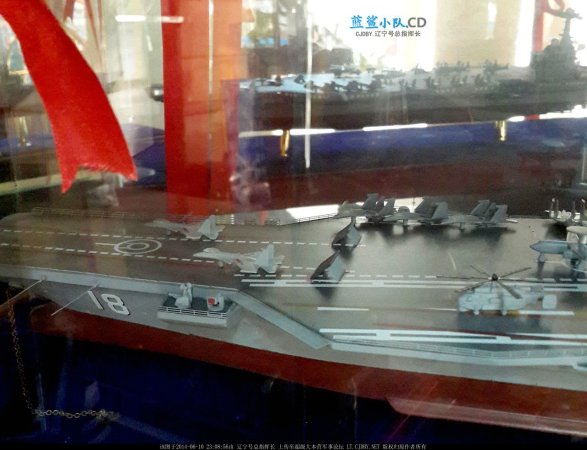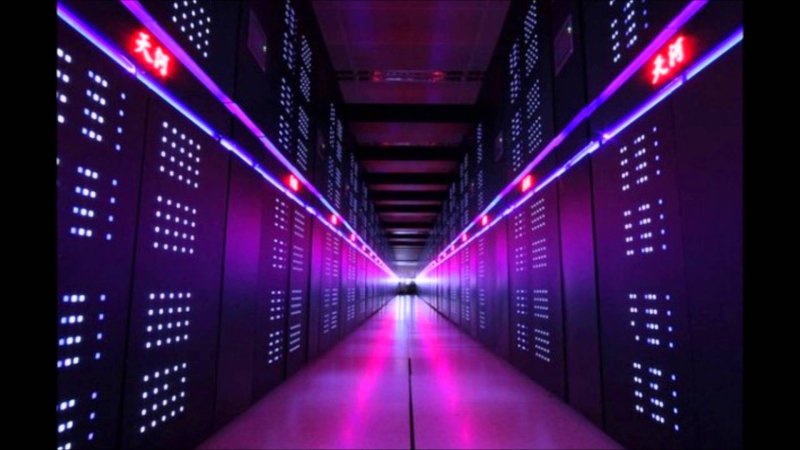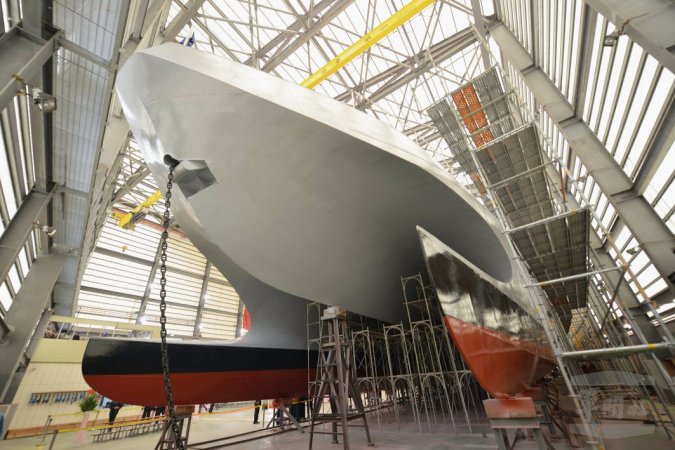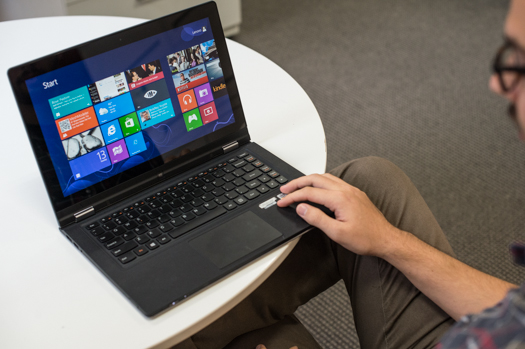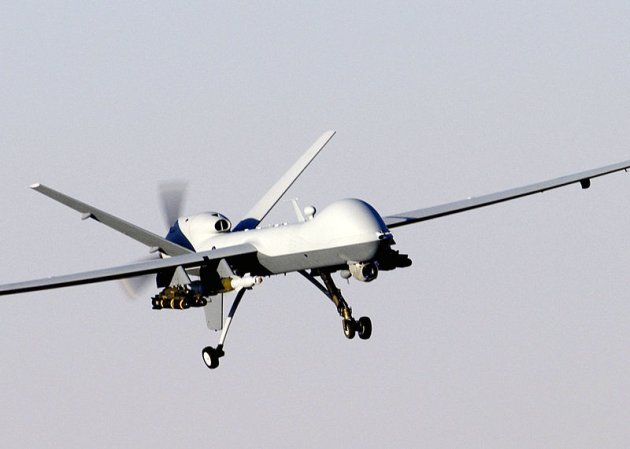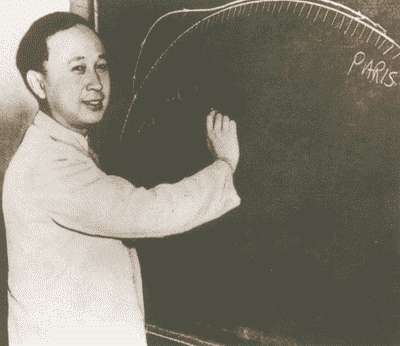

The Trump administration’s ban of travel and immigration from seven Muslim countries has caused outcry and massive protests. Some opponents are disturbed by its violation of the Establishments clause of the Constitution, which prohibits government actions that favor one religion over another. Others are angered by the poor treatment of those caught in the middle, such as the 88-year-old man and his 83-year-old wife, both in wheelchairs, who were detained at Washington Dulles Airport without access to their lawyers or their medicine.
Politicians tout security concerns when issuing immigration bans. The Executive Order referenced the 9/11 attacks three times, arguing that these new restrictions are necessary to prevent a repeat. Opponents argue back with the fact that if the ban had been in place in 2001, it would not have prevented 9/11 or any single act of terror in the US that has occurred since, as none of the perpetrators were from the seven banned nations. Instead, they say, this Executive Order has instead been a “gift” to ISIS propaganda.
There is another side to these security concerns that hasn’t been well explored: its impact on the scores of current and future scientists and engineers presently in U.S. universities and what their loss will mean not just to the U.S. economy (immigrants helped start some of America’s leading tech companies, most notably Apple, which was started by the son of Syrians), but its longterm security. The last time the U.S. used security fears to steer its immigration policies, they not only chased away one of its top scientific minds, but also helped jumpstart a nuclear missile complex that now targets the United States.
Qian Xuesan was born in China in 1911, but moved to the U.S. in 1935 to attend MIT to study aeronautical engineering. He was a genius, and quickly became involved in the period’s most exciting aeronautics programs. When World War II began, Qian joined his new nation’s war effort, serving on the U.S. government’s Science Advisory Board and helping the U.S. Army on ballistic missile guidance technology and the Manhattan Project, the atomic bomb program. At the end of the war, he held the temporary rank of lieutenant colonel, and was part of the team that analyzed Germany’s V-2 rocket facilities and debriefed Nazi scientists, like Werner von Braun. These efforts proved key to the creation of both the United States’ ICBM program and the first NASA rockets that would take America to the moon. Qian also wrote the proposal for a winged space plane that would be one of the inspirations for the Space Shuttle.
It was no wonder then that, in 1949, Qian was named the first director of Cal Tech’s famed Jet Propulsion Lab.
That same year in China, Mao Zedong declared the creation of the People’s Republic of China and politicians like Joseph McCarthy stirred up the United States’ “Red Scare,” which sought to hunt down supposed Communist threats inside the U.S. Then, too, an Executive Order pushed government agencies to screen for “loyalty,” a loosely-defined program that resulted in dubious persecution.
Thirteen years before, while in grad school, Qian attended a social event that the FBI suspected was a meeting of the Pasadena Communist Party. They rejected Qian’s application for U.S. citizenship. He lost his security clearance and was placed under house arrest. This was after years of contributing to the United States’ aeronautic advancement.
As Cal Tech noted in an alumni award given to him in 1979, “No evidence was produced to substantiate the allegations, and [Qian] and his colleagues in academia, government, and industry protested that they were nonsense.” It didn’t matter. Fear of outsiders trumped facts. Despite having so clearly contributed to U.S. security in the past and so evidently being a valued asset for the future, Qian was deported back to China in 1955. Dan Kimbal, then head of the US Navy, angrily commented, “It was the stupidest thing this country ever did. He was no more a Communist than I was, and we forced him to go.”
In China, the returning Qian was instead treated as a hero. Chinese leader Mao Zedong saw his expertise as a way to jumpstart China’s nuclear, missile, and space programs. Qian was set to work within the Chinese Academy of Science and helped establish the Institute of Mechanics in Beijing.
Over the next several decades, Qian became known as the “Father of Chinese Rocketry.” He worked on programs that ranged from the Dongfeng missile, the family of ballistic missiles that still make up China’s strategic arsenal that now targets the U.S. and its allies, the Chinese nuclear weapons program, and the Long March rockets that would carry China’s first satellite and then taikonauts into space. Qian’s impact was such that his old alma mater Cal Tech named him “one of the great scientist-engineers of the past century,” while science fiction writer Arthur C. Clarke would memorialize Qian by naming a spaceship after him in the science fiction novel 2010: Odyssey Two.
What does this story from American Cold War and Chinese science history have to do with the controversies of today? Not every one of the current and future scientists being banned from studying and working in the U.S. will have the impact of Qian, but that doesn’t matter. Their similarly needless rejection will undoubtedly be a story of lost opportunity that will impact American science and security long into the future.
You may also be interested in:
The nuclear arsenals of China and the U.S.: Plans for a future armageddon
China’s new microwave weapon can disable missiles and paralyze tanks
Meet China’s Sharp Sword, a stealth drone that can likely carry 2 tons of bombs
An electromagnetic arms race has begun: China is making railguns too

